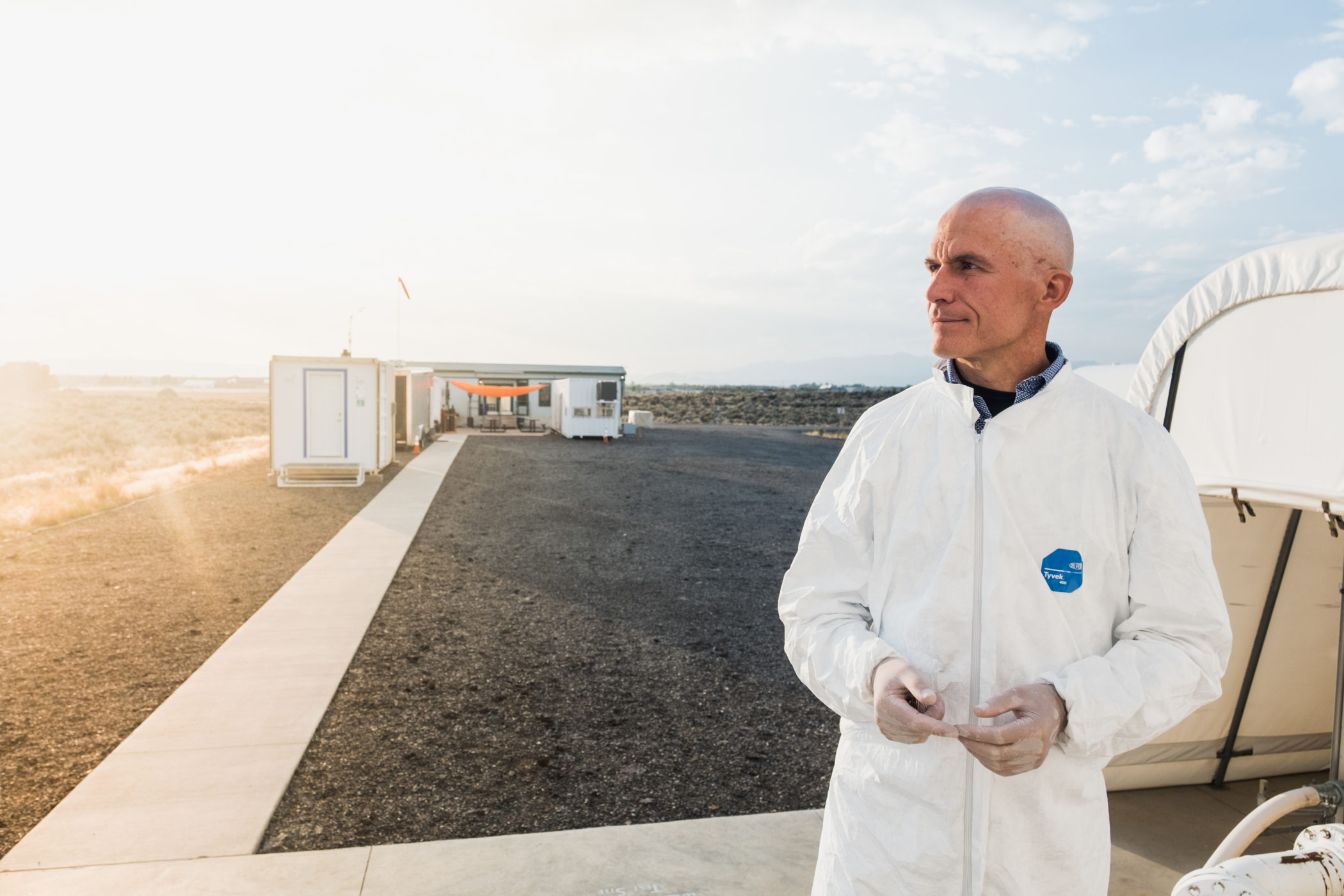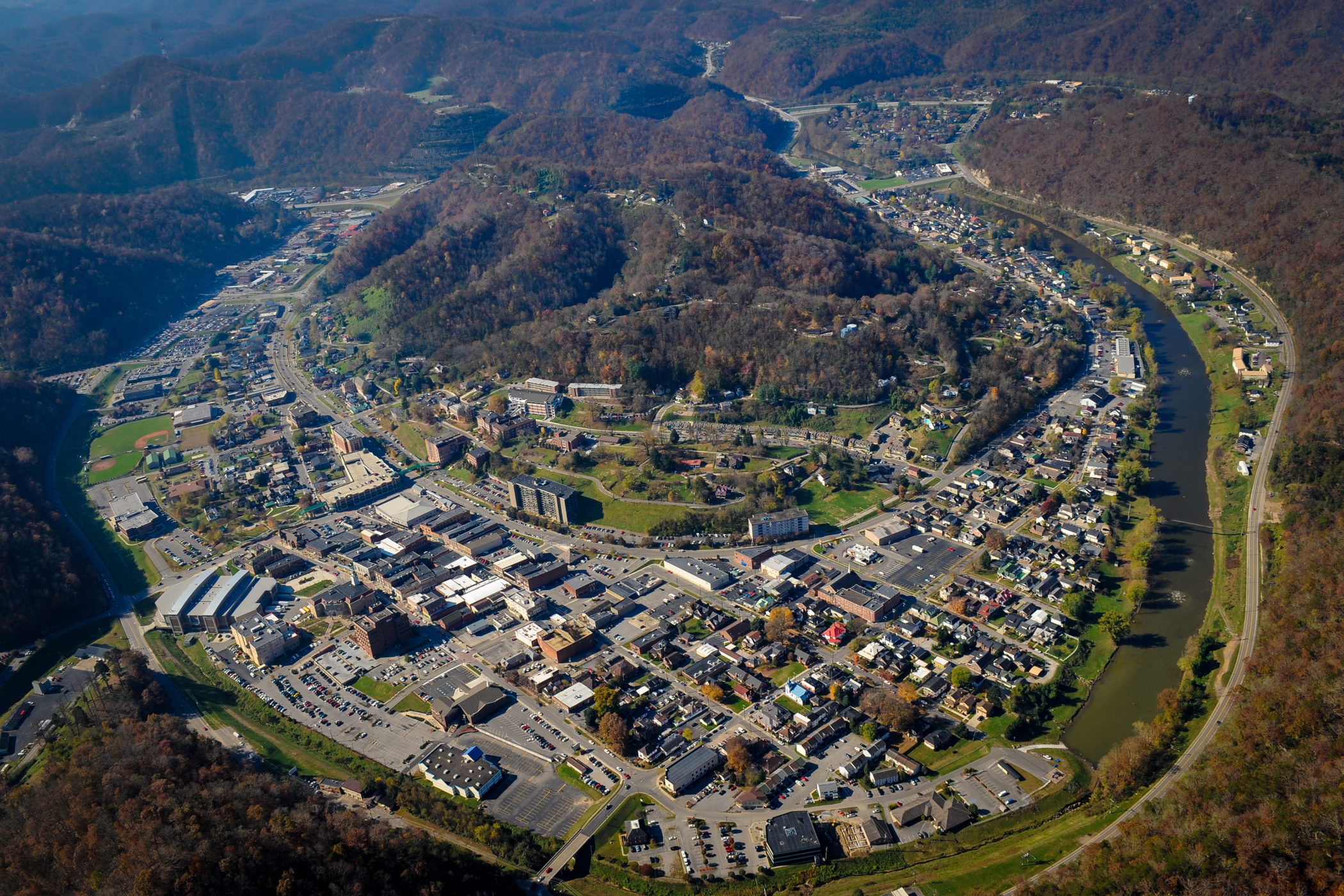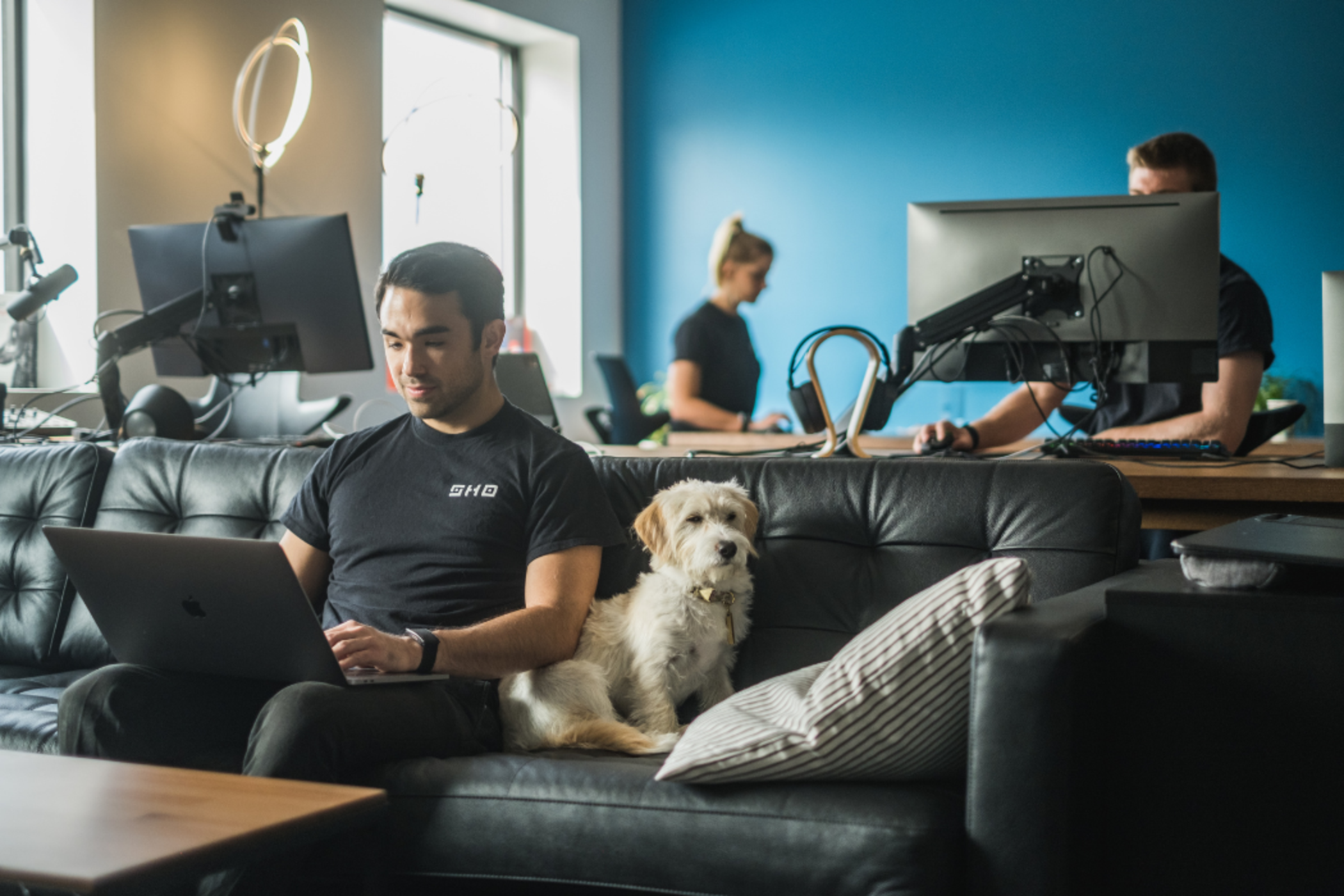Five startups that show rural innovation is way more than ag tech
Too often, we have conversations with people who believe that agriculture technology is the only innovation that could occur in rural America. But let’s be clear: That notion is woefully incomplete.
Too often, we have conversations with people who believe that agriculture technology is the only innovation that could occur in rural America. But let’s be clear: That notion is woefully incomplete.
At the Center on Rural Innovation (CORI) we are committed to shifting the narrative about rural America — about those living there, those working there, and those interested in its future.
We must move beyond limiting and reductive views of rural America. Just as it is not a monolith — 22% of its residents are people of color — rural America is also so much more than tractors, fields, and barns.
We know that small towns have long been havens of innovation that met the needs of their time. And as the world has grown increasingly digital, so too have today’s rural entrepreneurs, who are crucial to the economic resilience of their communities. Even the biggest companies of today were once small businesses.
The communities in CORI’s Rural Innovation Network are home to a growing contingent of scalable tech startups — cybersecurity firms, software-as-a-service enterprises, quantum computing platforms, and other solutions-driven ventures — creating good-paying jobs and exciting, new opportunities in their hometowns. And only a fraction are focused on agriculture.
Here are five startups, companies that could’ve taken root anywhere, showing the boundless potential of innovation in rural America:
Agile Space Industries
Location: Durango, Colorado
It doesn’t get much further from the farm than outer space.
In southwestern Colorado, Agile Space Industries is designing, manufacturing, and testing of integrated aerospace propulsion systems — and beating out organizations like SpaceX to hire high-end engineering grads from schools such as MIT, Purdue, and West Point.
Agile is able to replicate the temperatures and vacuum of space, making it possible to test aerospace propulsion systems on the ground under the same conditions they would find 1,200 miles into space. Their 3D printing ability also allows them to design and test satellite thrusters and propulsion systems at a fraction of the time, cost and weight of traditional manufacturing methods. The business showed such promise that CORI’s own seed fund invested in Agile in 2020.
Bit Source
Location: Pikeville, Kentucky
Coal country began its transition to code country when Bit Source set up shop in a former Coca-Cola bottling facility in eastern Kentucky. The software development company’s mission? Create a tech sector in central Appalachia.
The Bit Source team has made connections in the existing tech marketplace to support this evolution and its current projects work toward developing an ecosystem for local internships, and an investment fund. Its current suite of services include complex database solutions, mobile app development, HIPAA-compliant products for healthcare, and enterprise-level web solutions that serve hundreds of thousands of users as well as smaller sites and web apps for local governments.
The Cubby
Location: Waterville, Maine
Josh Kim channeled his frustration into an idea that’s since come to life as The Cubby, an online marketplace where college students can buy and sell items from their classmates on campus.
Fed up with the paltry resale value of his books at the end of a semester, Kim, then a student at Colby in Waterville, a New England college town of about 16,000, set out to create a platform that allows students to earn more for what they have. As The Cubby, Kim’s idea has grown into a sales venue for student creators that pays the entire listing price directly to the artist — or, as Kim puts it, “a community that truly empowers and highlights the work of college students.”
Live.Give.Save.
Location: Red Wing, Minnesota
Susan Langer wants to make it possible to pay off debt, give more, and invest more wisely by combining all three possibilities in one place. That’s why she co-founded Live.Give.Save. in 2016, a financial technology company focused on giving and inspiring social good.
Their flagship product is the first and only all-in-one financial wholeness app that enables anyone to use their everyday purchases to increase their savings and giving at the same time by creating a seamless user experience with one-touch simplicity. The venture was promising enough to be acquired recently by Michigan State University Federal Credit Union. “We knew they could enrich our user experience, deliver industry credibility, and provide ready access to our target market,” Langer said.
Sho.ai
Location: Cape Girardeau, Missouri
Sho Rust returned to his hometown in southeastern Missouri to launch an artificial intelligence-enabled software company, Sho.ai, someplace that required far less overhead to do business than where he had been in southern California.
The local talent pool and broadband infrastructure has allowed Sho to scale and attract investors in the town his family calls home — he didn’t have to leave for Boston or San Francisco. Now he’s trying to revolutionize digital branding with a product that seamlessly allows companies to share brand assets and guidelines so that companies of any size can at once control costs and effortlessly communicate their brand to the world.
It doesn’t stop here
These are just five examples. There are countless others in rural America engaged in cutting-edge technology and creativity — and countless more who could also shape a brighter tomorrow for themselves and their communities if given the opportunity to do so. That’s why CORI is committed to supporting and advancing tech-based entrepreneurship in small towns across the country.
Stay connected
At the Center on Rural Innovation, we are working with rural communities across the country to help position them to thrive in the 21st-century digital economy. To learn more about our work in this space, be sure to check out our blog and sign up for our newsletter.




